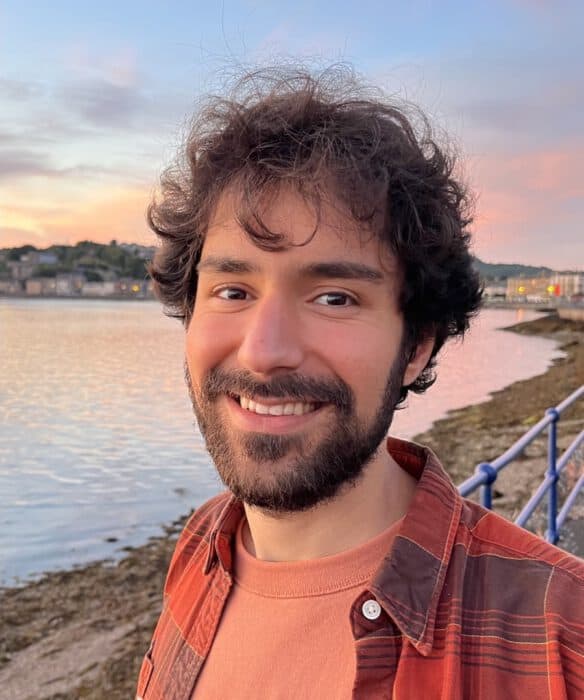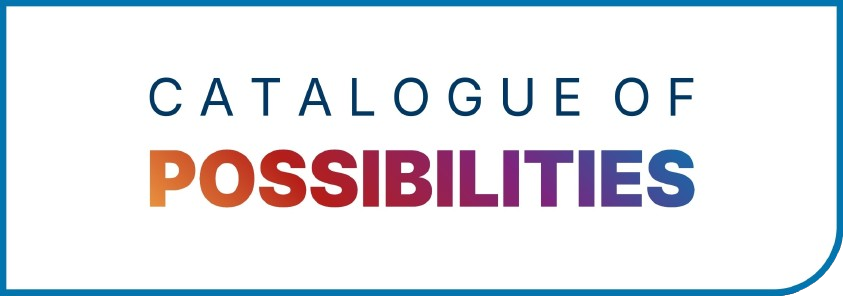Dr Hessam Mehr he/him

Research Fellow
Mission Priority Areas
The DiveIn CDT will provide an opportunity to mentor and motivate students from diverse life backgrounds, but also with unique trajectories in their training and technical interests.
As a digital chemist who initially trained as an electrical engineer before pursuing my PhD in supramolecular chemistry, I am familiar with the challenges and rewards of navigating new academic terrain.
My group provides a lively interdisciplinary home for new researchers, with a firm belief in the power of diversity and intellectual open-mindedness to accelerate innovation. Our aim is not only to re-imagine chemistry drawing on ideas and techniques from diverse fields but also to eliminate boundaries to access cutting-edge science and technology, as illustrated by our open-source contributions and recent RSC-funded outreach project in Glasgow.
My research passion is to enrich and modernise chemical discovery by integrating it with automation, AI, novel sensors and analytics. Chemistry has excelled in creating a Lego-like system of stepwise transformations to build new molecules in a clean, predictable fashion. This system is only efficient for exploring a subset of molecules and reactions, though: there exists a vast space of unexplored “dark chemistry”, including the majority of chemical systems encountered in the natural world. With many simultaneous reactions and inhomogeneous or uncertain chemical compositions, these systems defy characterisation by small numbers of metrics, overwhelming our ability to reason about them using pen and paper.
Rapid advancements in machine intelligence and computer-accelerated reasoning offer a tool for unbiased and efficient interrogation of complex systems. I design bespoke and radical new experimental setups, designed from first principles to interface with computer-aided reasoning tools — primarily probabilistic models with built-in domain expertise — to diversify the range of molecules, reactions and phenomena available to mainstream chemistry.
My research programme is highly interdisciplinary, hinging on diverse collaborations, encompassing optics, artificial intelligence, spectroscopy, acoustics and mass spectrometry. Use cases for our technology include materials and drug discovery; in addition the scale and depth of interrogation creates a valuable arena for collaborative development of high-performance probabilistic algorithms.
As an exemplar CDT project, students can explore the massively parallel chemical reactions in the aerosol phase coupled with acoustic waves to shape their reactivity profile (in collaboration with engineering departments in Bristol and Navarra). My supervised projects will all span experimental and computational/algorithmic research, allowing students from both traditional chemistry and computer science/numerical backgrounds to thrive and cultivate new strengths. Supervision in my group encourages early autonomy and intellectual creativity. This is counterbalanced by sensitive support, ensuring that even the most ambitious students have pragmatic and achievable paths towards their objectives.
Promoting EDI is at the core of my academic philosophy. I am always seeking accessible and low-cost hardware with which to democratise access to cutting-edge research (cf. relevant talk, with links to educators in France and Canada). I have welcomed three Nuffield students this year, reflecting my belief in the potential of people at all educational stages to generate genuinely novel research. Within the Shadow Board, I have championed EDI-causes, including advocating for recruitment more attuned to the culturally-varied ways in which applicants articulate their merits and strength.

